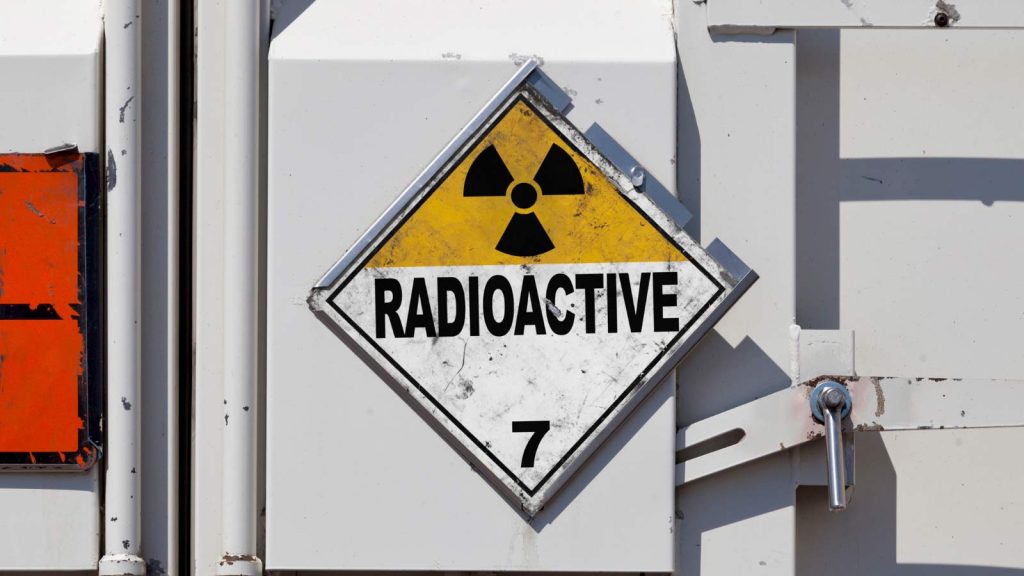
Radioactive waste disposal is a topic that demands careful consideration and responsible action. As we continue to harness nuclear energy for various purposes and utilize radioactive materials in research, medicine, and industry, the management of radioactive waste becomes increasingly vital to safeguarding both human health and the environment. Education and awareness play a pivotal role in fostering a deep understanding of the risks associated with radioactive waste and empowering communities to participate in responsible disposal practices. In this blog post, we will explore how education and awareness initiatives contribute to safer radioactive waste disposal and ensure a sustainable future.
Understanding the Risks:
One of the primary objectives of education on radioactive waste disposal is to help the general public, stakeholders, and decision-makers comprehend the potential risks associated with mishandling or improper disposal. By providing accessible and accurate information about radiation hazards, exposure risks, and the consequences of exposure, educational efforts enable individuals to make informed choices and support responsible waste management policies.
Promoting Safety and Compliance:
Education fosters compliance with regulations and guidelines for handling radioactive waste. When communities and organizations are well-informed about safety protocols, storage methods, and transportation procedures, they are more likely to adhere to best practices, minimizing the likelihood of accidents or harmful exposure incidents.
Community Engagement:
Engaging communities in the decision-making process is essential for successful radioactive waste disposal projects. Through education and awareness initiatives, affected communities gain an opportunity to voice their concerns, ask questions, and actively participate in shaping waste management strategies that align with their interests and values. This collaborative approach fosters trust and accountability among stakeholders.
Building Expertise and Capacity:
Education and training programs are critical for developing a skilled workforce in the field of radioactive waste management. Professionals equipped with specialized knowledge ensure that disposal processes adhere to high standards of safety and efficiency. Moreover, by nurturing expertise, countries can minimize dependence on foreign assistance and manage their radioactive waste independently.
Environmental Impact and Sustainability:
Awareness campaigns highlighting the environmental consequences of radioactive waste mishandling foster a sense of responsibility for our planet. By learning about the long-term impact of improper disposal, individuals are more likely to advocate for sustainable practices and demand accountability from industries and governments.
Public Perception and Stigma:
Misinformation and fear surrounding radioactive waste can lead to unnecessary stigma and resistance to disposal projects. Education helps dispel myths and misconceptions, enabling the public to view radioactive waste disposal through an informed and objective lens. Accurate information builds public confidence and encourages constructive dialogue.
International Collaboration:
Promoting education and awareness on radioactive waste disposal extends beyond national borders. International collaboration allows countries to share experiences, knowledge, and best practices. By learning from each other’s successes and failures, the global community can collectively work towards improving waste management strategies.
Education and awareness form the bedrock of responsible radioactive waste disposal. By empowering communities with knowledge, fostering open dialogue, and promoting a culture of safety, we can ensure that radioactive waste is managed in a manner that protects our health, environment, and future generations. Together, we can build a world where the benefits of nuclear technology coexist harmoniously with the responsibility of safe waste management. Through education, we pave the way for a safer, more sustainable future.
